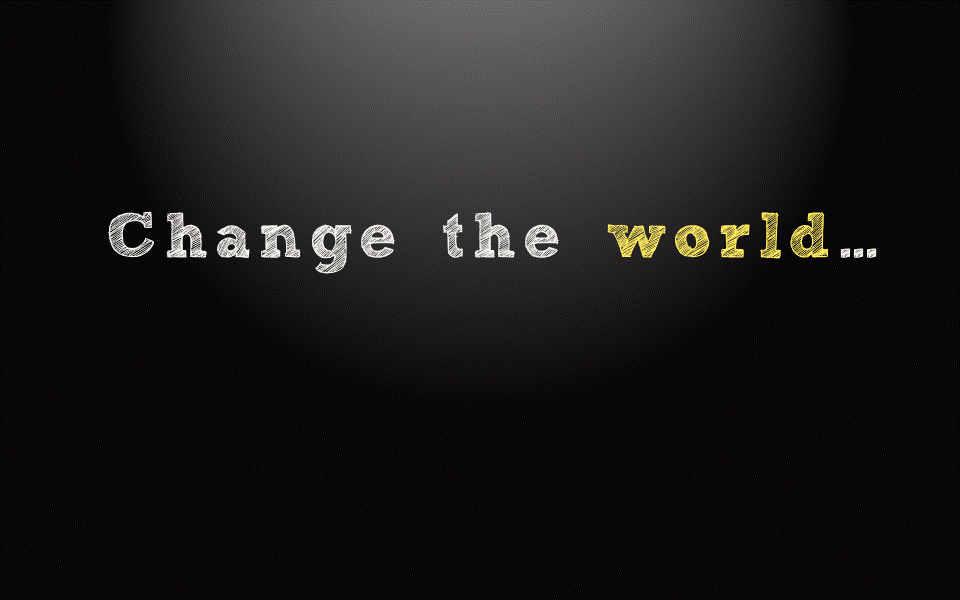Spooks and Democracy Advocacy - Are We Becoming Cyberlosers?

The recent revelations about large-scale NSA surveillance point to a pervasive problem facing democracy and human rights activists around the world. They face intense surveillance on a daily basis for working for universally accepted human rights and democratic and accountable governance. Those who thought of the internet as a space for free expression and a place where ideas are able to transit the globe unencumbered by now have realized that the reality of the Internet is not too dissimilar from that of the physical world. The great public square that is the internet is closely watched and increasingly controlled by governments and their spies. We wonder increasingly: How can democracy and human rights activists still use this space to continue the good fight? What are the implications for democracy and human rights activists following the revelations of surveillance programs such as Prism and large-scale meta data dragnets? Are we becoming fast the cyberlosers as the world is moving towards compromised internet governance, national internets, and pervasive surveillance?
The bottom line is this: The online public square is depply compromised. Of course, this surely is not a great surprise.
Laura DeNardis, an internet scholar at American University, in a recent talk at NDI pointed out that the Internet is subject to a series of overlapping governance structures, both public and private. Because we often engage our causes from what feels like the privacy of our homes, offices, on mobile devices or in cyber cafes we often take our surroundings as reflection of the level of privacy of our internet interactions. This could not be further from the truth. The Internet is both a physical and virtual structure. The data exchanged must transit hardware points where it is susceptible to cnotrol. A better way to think of sitting at your computer working on the the Internet is to imagine yourself sitting in a glass box. Everything you do can be seen if someone is looking at you.
Advertently and inadvertently we place an enormous amount of data about our work and ourselves on the public internet on a daily basis. When working in democracy and human rights in countries where certain information poses risks to us and those we work with, it is important to take steps to tint the walls of our glass boxes as best we can. Whether it is steganography, Tails,Tor, general security trainings, or a host of other tools and tactics, it is encumbent on us to clearly understand the risks for our digital footprints, and to weigh those risks accordingly against the benefits gained by the use of different technologies.
It is also clear that the actions of the United States in engaging in secret surveillance, whether legal or illegal, set a poor normative precedent for other nations especially when parts of the same government pursue an "Internet Freedom" agenda. We hope that the tools and techniques that the #tech4dem community is fostering and developing will enhance the security of rights defenders and anyone who wants to tint the walls of the glassbox. We also encourage a wider dialogue in the Tech4Dem community on the implications of widespread surveillance for democracy and human rights activities.
Here is a bit more from Laura deNardis on the global war on internet governance.
